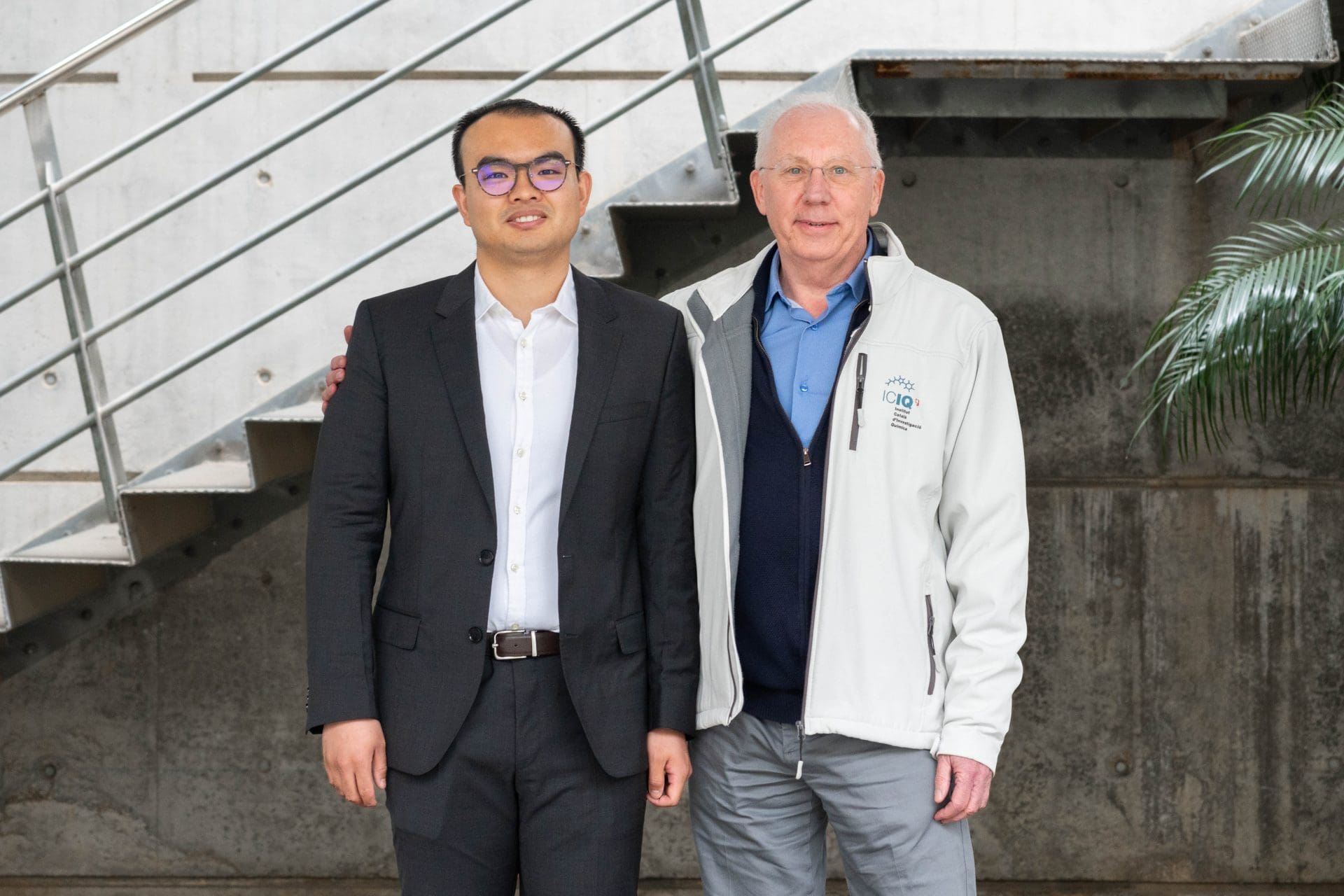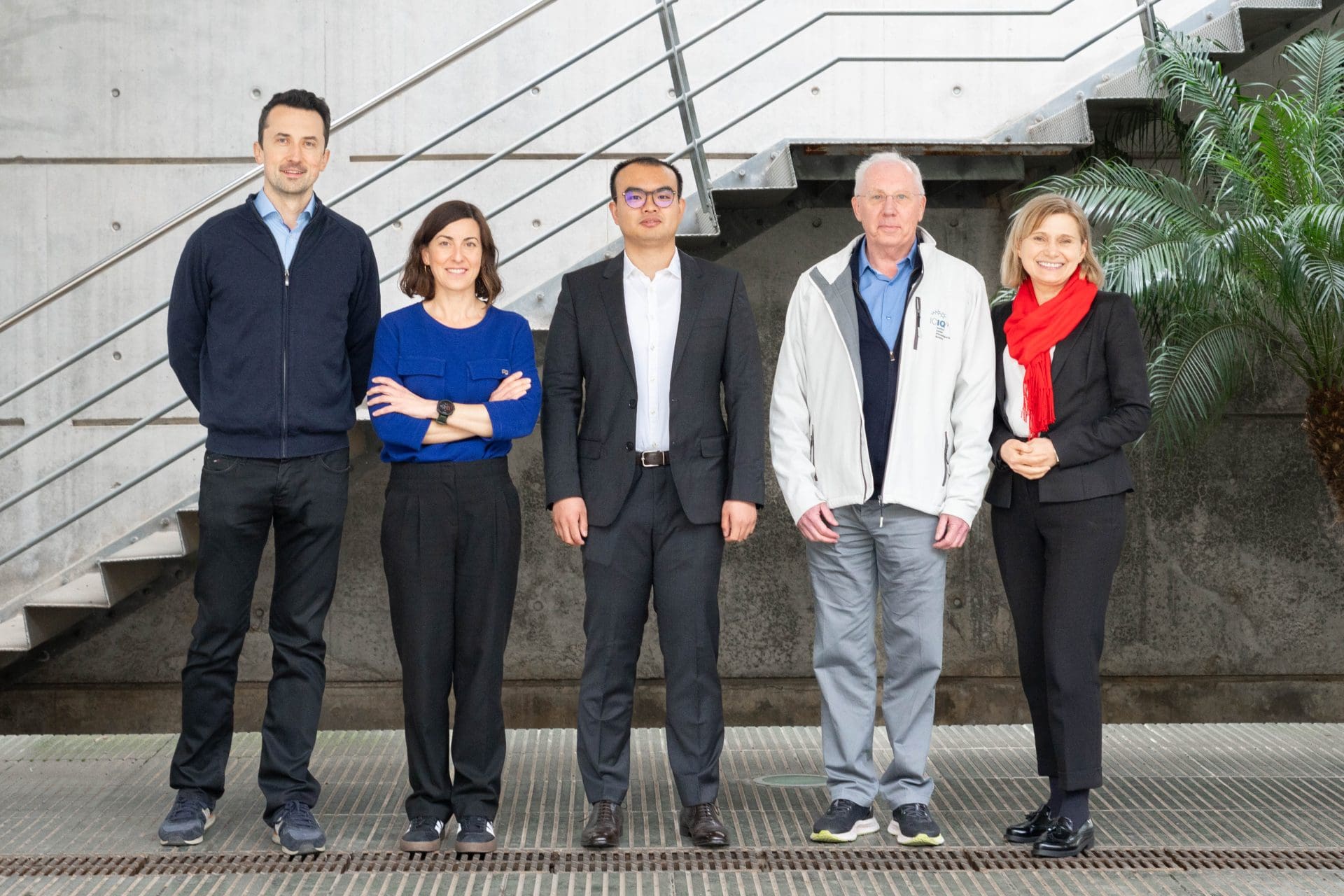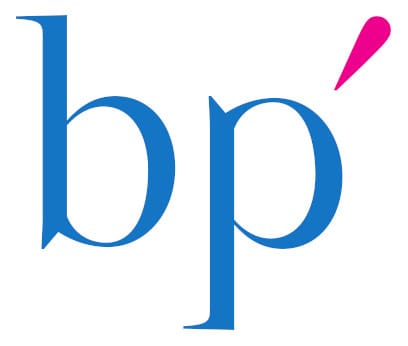恭喜, Dr. Li!
Yifan Li, a PhD student who is under Prof. Pau Ballester supervision, has successfully defended his PhD thesis
20th February 2025 – Yifan Li, a PhD student who is under Prof. Pau Ballester supervision, has successfully defended his PhD thesis entitled “Receptors based on Aryl-extended Calix[4] Pyrrole scaffolds” publicly on Thursday, 20 February.
The members of the evaluation committee were Prof. Dr. Agnieszka Szumna (Institute of Organic Chemistry, Polish Academy of Science, Poland), Prof. Dr. Macarena Poyatos de Lorenzo (Institute of Advanced Materials (INAM), Universitat Jaume I) and Prof. Dr. Konrad Tiefenbacher (University of Basel, Switzerland)
Yifan Li is from China, where he completed his Bachelor’s degree in Chemistry. He later pursued his Master’s degree in Germany. Outside of his academic work, he enjoys skiing and swimming.

What is your thesis about?
My thesis focuses on designing and synthesizing supramolecular receptors featuring well-defined, endo-functionalized aromatic cavities based on AE-C[4]P scaffolds. I’ve studied the binding properties of these supramolecular and self-assembled molecular receptors with anionic and neutral guests. Additionally, I’ve evaluated self-assembled cages as molecular reaction vessels to mediate the Huisgen cycloaddition reaction.
What triggered your interest for the subject of your thesis?
My work was inspired by the desire to use synthetic tools to better understand how enzymes function in nature.
The thing that I like most about my thesis is….
The discovery of how to achieve turnover for reaction acceleration in molecular cages was particularly satisfying.
From the lessons learnt (or skills developed) at ICIQ, which one do you value the most?
The most valuable aspect of my time at ICIQ was the supportive working atmosphere, where I experienced a good balance between work and personal life.
What ICIQ moment you´ll never forget?
I hope my PhD defence will be my most memorable moment.
What will you miss the most from ICIQ?
I’ll deeply miss the people, especially Pau and Gemma. My time here has been too short to fully enjoy working with them.
What advice do you have for someone who’s starting their PhD now?
Four years for a PhD is both long and short—make the most of it by reading extensively and honing your writing skills early on.
Have you ever been emotional over an experiment/simulation? Why?
Yes, I’ve often felt emotional about my experiments. It’s the most fascinating part of science—when you think you’ve discovered the truth, only to be challenged by reality. These moments are essential for learning and growth.
Who/What has been your biggest influence/motivation?
Pau has been my biggest influence and motivation.
Chemistry/Science is fun because…
Science is like a box of chocolates—you never know what surprises your experiments will bring.
What is your favourite molecule?
Calix[4]pyrroles, of course! I’ve dedicated four years to studying them.
If you were a piece of lab equipment, what would you be?
I would be an NMR spectrometer since I’ve used it extensively during my research.

Related news

Let's create a brighter future
Join our team to work with renowned researchers, tackle groundbreaking
projects and contribute to meaningful scientific advancements







 30-10-2024
30-10-2024 



















